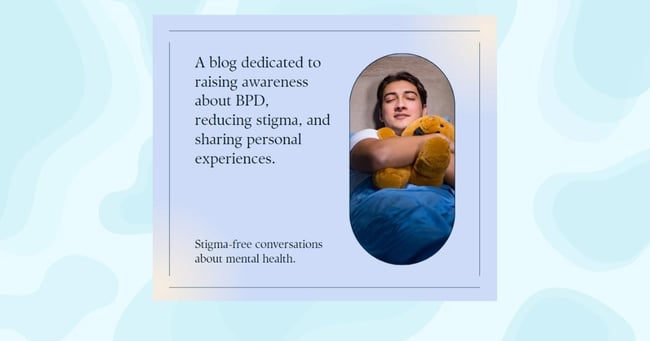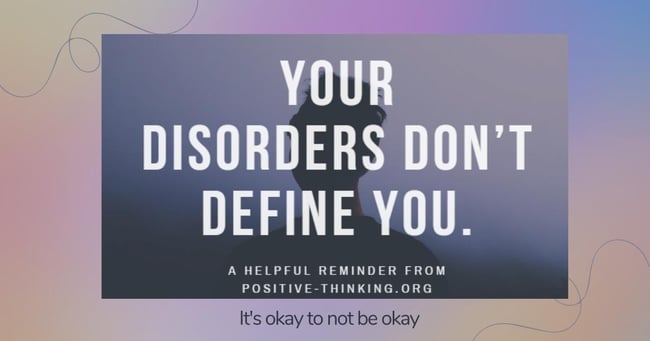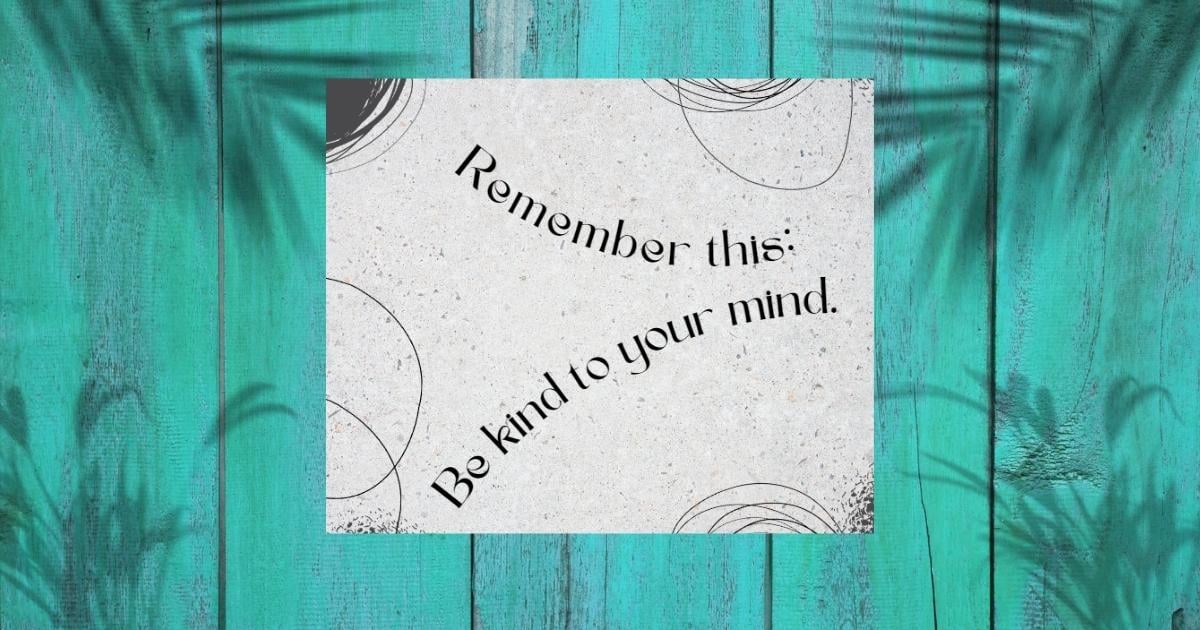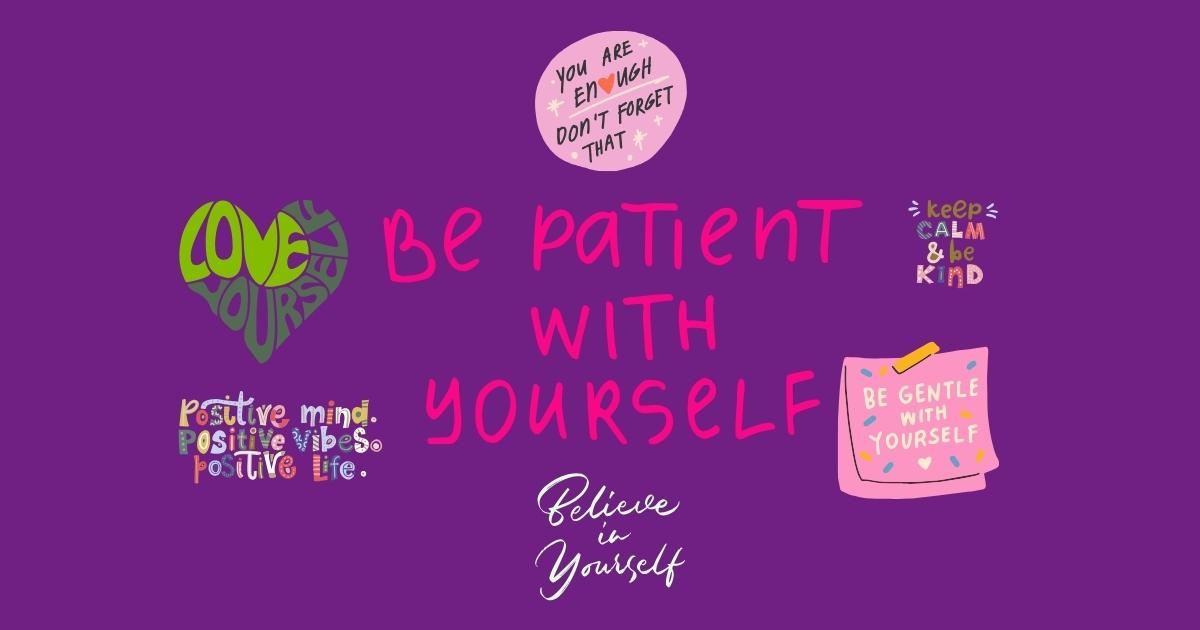Understanding Borderline Personality Disorder
You may be curious about the nature of borderline personality disorder. Well, it is a mental health disorder that does not have a specific class of medication to treat it. However, the most effective therapeutic approach is dialectical behavioral therapy (DBT). DBT is a valuable set of skills that empower BPD patients and individuals to regulate their emotions in a more positive and rational manner, as well as effectively communicate their needs.

Personal Experience
I was diagnosed with BPD in 1998, when I was 18 years old. However, even back in 1991, the diagnostic criteria from the DSM-4 were already evident. Unfortunately, I did not receive the necessary information or tools to effectively manage my disorder at that time. It wasn't until 2012, when I moved to another state, that I began actively seeking treatment.
Thankfully, my therapist provided me with the appropriate information, and I started receiving one-on-one counseling and medication. Due to the COVID-19 pandemic in August 2022, I had to adapt to group therapy sessions via Zoom in order to learn DBT skills. I successfully completed the program in August 2023.
It is disheartening that certain mental health disorders are still considered taboo and stigmatized, as I will never understand why they are seen as dangerous.
One of the challenges I face is managing my emotions, which sometimes causes me to become argumentative and resistant to compromise. I have a tendency to see things in black and white without considering the shades of gray in between.
It can be difficult for me to accept correction from others, as I have a strong desire to always be right. This constant struggle not only affects my self-esteem but also impacts my relationships with those around me.
However, I have learned the importance of seeing things from different perspectives and accepting constructive criticism. It's a journey of personal growth that I am committed to undertaking.
Tips for Coping
One of the first steps to take is to be open to receiving therapy, as it can greatly contribute to self-care. When your mind is in a healthier state, it will positively impact your lifestyle choices and create a sense of balance in your body. A valuable skill I have mastered through DBT is mindfulness, which involves being aware of your current situation and surroundings.
Sometimes, it's necessary to take a mental break and retreat to a safe and happy place for a few moments. Take slow, deep breaths and let go of your worries. Just allow yourself to embrace that mental break.
After three or four minutes, return to your surroundings and continue with what you were doing, whether it's a work task, house cleaning, or shopping. The best time to practice mindfulness is when you sense your brain is overwhelmed, as with consistent practice, it becomes second nature and helps you focus.
Another helpful technique is journaling.

Misconceptions and Stereotypes
There are several personal myths surrounding borderline personality disorder (BPD) that need to be addressed. Some of these include the misconception that BPD only affects adults, primarily women, and that individuals with BPD are unable to lead independent lives.
Additionally, there is a belief that BPD cannot be diagnosed before the age of 18 and that the disorder itself is invalid. However, I want to share my own story to debunk these myths. While I did meet the DSM-4 criteria in 1991, I did not receive a BPD diagnosis until 1998.
With the help and support I have received, I am learning to live independently. It's important to note that BPD is a valid diagnosis in the current DSM-5 TR edition.
Misconceptions and stereotypes surrounding BPD often include misconceptions about responsibility and stability and the belief that it is an untreatable illness. Unfortunately, these stigmas can lead to individuals with BPD or any mental health disorder avoiding seeking treatment due to fear of bullying and harassment.
As someone who has personally faced these stigmas, I can confidently say that with the right therapy and the use of DBT skills, BPD is a treatable and manageable diagnosis.
It is never acceptable to bully, harass, or embarrass someone with a mental illness. Instead, it is crucial that we educate ourselves about mental health and come together to support one another in unity.
Recommended Reading and Resources
There are also helpful resources available for individuals living with BPD. For example, Susanna Kaysen, an author who has personal experience with BPD, wrote the book "Girl, Interrupted," which was later adapted into a movie.[1] While the book may not provide extensive information about BPD, there is now a wealth of knowledge available to assist patients and their families in managing the disorder more effectively.
Many workbooks offer practice exercises for developing DBT skills, such as the highly recommended "DBT Skills Training Handouts and Worksheets, 2nd ed." by Marsha M. Linehan, published in 2015 [2] . Additionally, Ms. Linehan provides free video resources that can be accessed at www.psychwire.com/linehan/resources. These resources serve as valuable tools for individuals seeking guidance and support in their journey with BPD.
Conclusion
Living with BPD can be challenging on a daily basis. However, it's important to remember that a diagnosis of BPD doesn't define someone as a monster. Instead, individuals with BPD often face misunderstandings due to their scattered emotions, which can lead to explosive moods and difficulty in communication.
The good news is that help is available, and with therapy and the practice of DBT skills, individuals can learn to manage and control their symptoms. As unique individuals, we may require extra support in experiencing the appropriate emotions at the right time.
I hope this information has been helpful, and I encourage you to share it with your loved ones.

Choosing a healthy plant-based and vegan diet is most beneficial when it comes to:

-
Higher levels of energy;
-
Improved sleep;
-
Aids in energy and overall happiness;
-
Provides a sense of comfort and relief;
-
Could prevent major diseases such as obesity and diabetes;
-
Accomplish weight-loss and management; and
-
Improves mental and cognitive functioning.
There are really no excuses not to try healthier habits in your everyday life. If you are a man or woman looking for specific benefits of adopting healthier habits or just want to know about the general healing properties of herbs. Please remember to comment or post any health questions, or contact us directly!
Also, feel free to share any of your favorite recipes to make and share it with the Assuaged community on our ➡️ Share A Recipe ⬅️ page!













